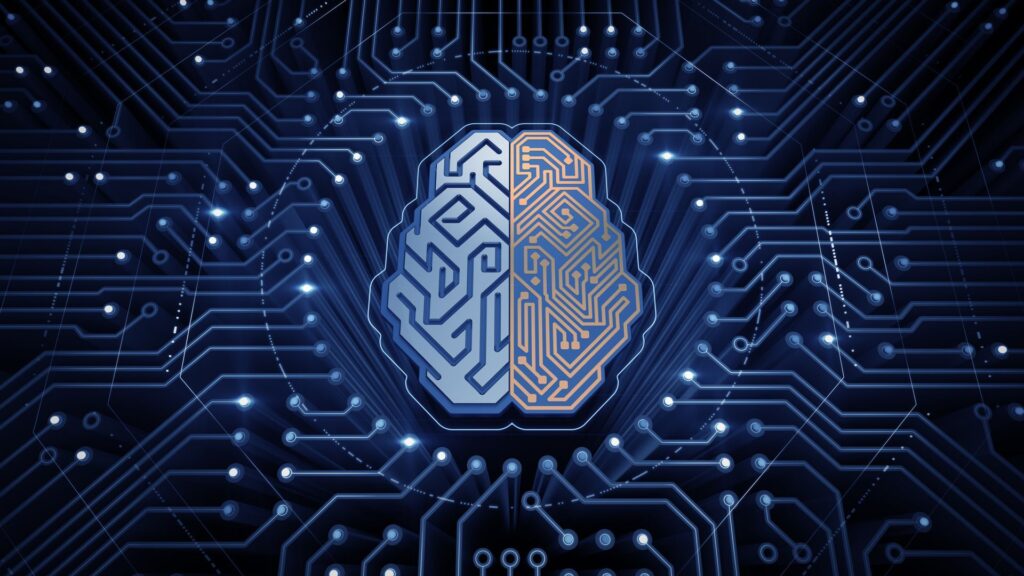The consequences of the unethical Artificial Intelligence could be an emerging threat to humanity than climate change, AI Godfather Geoffrey Hinton warned after his departure from Google.
The Former Google Scholar Geoffrey Hinton, known as “Godfathers of Artificial Intelligence”, recently announced his departure from GOOGLE after a decade with the organization. One of his interviews he burst out on the risks of the technology “Artificial Intelligence.
Geoffrey Hinton did a remarkable research work to the development of contemporary AI systems. He was the co-author of A seminal paper “Learning representations by back-propagating errors” published in 1986. The Seminal paper was considered a milestone in the development of the neural networks undergirding AI technology. Later in 2018, he received the “Turing Award” in recognition of his research breakthroughs in the field of Artificial Intelligence.

But Geoffrey Hinton is now added in the list of the tech leaders including Elon Musk who stood out against the possible threat posed by Artificial Intelligence if machines were to achieve greater intelligence than humans and take control of the globe.
“I wouldn’t like to devalue climate change. I wouldn’t like to say, ‘You shouldn’t worry about climate change.’ That’s a huge risk too,” Hinton said. “But I think this might end up being more urgent.”
Geoffrey Hinton added: “With climate change situation, it’s very easy to predict the threat and recommend what you should do: you just stop burning carbon. If you do that, eventually things will be in control. For Artificial Intelligence this it’s not at all clear what you should do.”
Microsoft’s Azure-based supercomputing platform OpenAI started a technological arms race in November 2022, when it publicly launched the AI-powered chatbot ChatGPT. Now It has become the fastest-growing app in history, touching the 100 million monthly users in just two months.
Recently, Twitter CEO Elon Musk also joined the campaign in signing an open letter calling for a six-month pause in the development of Chat GPT-5 systems which will be more powerful than OpenAI’s recently-launched GPT-4. Signatories also included AI CEO Emad Mostaque, researchers at Google-owned DeepMind, and fellow AI researcher Yoshua Bengio and Stuart Russell.
Critics have argued that unregulated and unethical AI could spread gust of misinformation, cause drastic losses in the job market and create bad actors with a new tool to wreak the peace within the humanity.
A committee of lawmakers in European union also supported to the open letter calling for a six-month pause in the development of Chat GPT-5, and urged United States President Joe Biden to assemble a global summit to discuss the technological impact direction and agency regulations of the AI technology along with European Commission President Ursula von der Leyen.
The committee of lawmaker agreed a landmark set of proposals targeting generative AI, which would force companies like OpenAI to disclose any copyright material used to train their models.
Meanwhile, Joe Biden held multiple discussion with a number of AI organizations leaders, including Alphabet CEO Sundar Pichai and OpenAI CEO Sam Altman at the White House, promising a “frank and constructive discussion” on the need for organizations to be more transparent about their systems.
In the final words “The tech leaders have the best understanding of it, and the politicians have to be involved,” said Hinton. “It affects us all, so we all have to think about it.”

